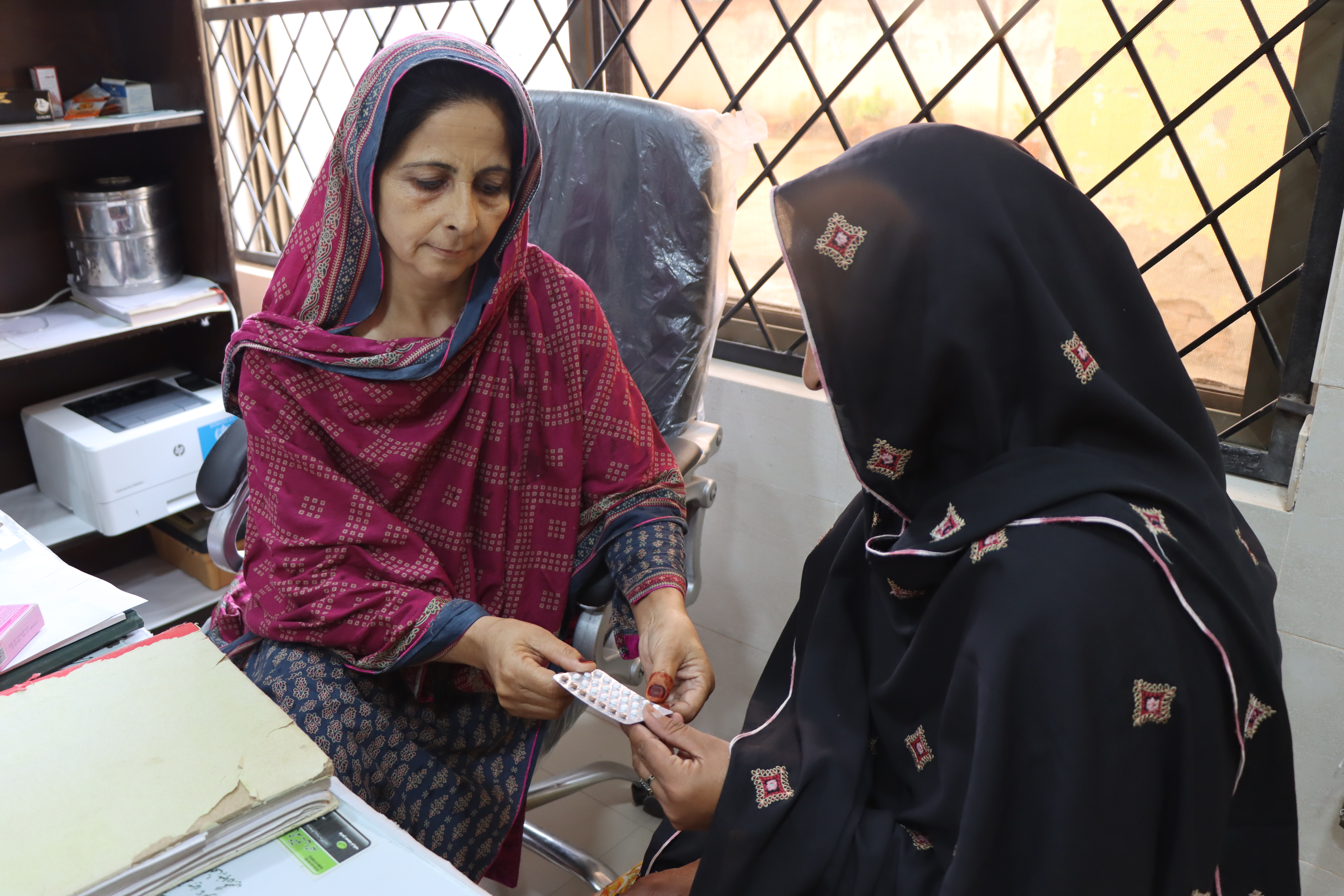Pakistan is the fifth most populous country in the world with a population of 241.5 million and intercensal growth rate of 2.55% (Census 2023) and struggles with high maternal mortality ratios, adolescent birth rates and unmet need for contraception. According to Pakistan Demographic Health Survey (PDHS) 2017-18, Total Fertility Rate (TFR) stands as 3.2 along a low Contraceptive Prevalence Rate (CPR) of 34%. This is even though 96 per cent of married Pakistani women are aware of at least one modern contraceptive method. With an unmet need for family planning at 17.8%, there is evidence of 2.2 million unsafe abortions annually. Meeting the unmet needs for family planning has the potential to increase Pakistan's Contraceptive Prevalence Rate (CPR) from the current 34% to 60% by 2030. The situation demands to enhance the provision of SRH and family planning services in the country for improving reproductive health indicators.

UNFPA works with partners including the government and civil society organizations to strengthen the capacity of national and sub-national health systems. This work aims to provide high-quality and comprehensive sexual and reproductive health information and services, including emergency obstetric and newborn care and rights-based family planning services. As the lead UN organization for the implementation of the 1994 International Conference on Population and Development Programme of Action, UNFPA also supports the federal and provincial governments in developing sexual and reproductive health and family planning policies and plans that promote universal access to sexual and reproductive health services.


